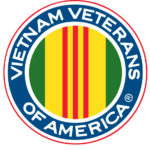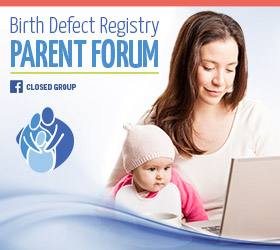Vietnam Veterans
Birth Defect Research for Children has worked with Vietnam veterans’ families since 1986 when the first Agent Orange Class Assistance Programs were funded. Although BDRC did not have AOCAP funding, we worked with the University of South Carolina in case work that involved counseling with veterans’ families and creating a series of fact sheets on the disabilities they were reporting in their children. During this time BDRC also began the first initiative to set up the National Birth Defect Registry, partly to collect the information being reported by the veterans.
BDRC worked with the New Jersey Agent Orange Commission to develop the Vietnam veterans’ exposure section of the registry questionnaire. BDRC has collected information from thousands of families of Vietnam veterans and has found a consistent pattern of disabilities in their children. These data have been presented to the National Academy of Sciences, congressional committees, the Veterans’ Administration and in national media forums.
- Agent Orange and Birth Defects. Studies provide evidence that many more birth defects may be associated with dioxin-contaminated herbicide exposure in Vietnam.
- The National Vietnam Veterans Birth Defects/Learning Disabilities Project
- Letter from the EPA regarding the National Birth Defect Regsitry. “We understand that the effects of exposures in the past, including exposures of Vietnam veterans are still of great concern. Your birth defect registry is the type of effort needed to make linkages between environmental exposures and birth defects.”
- Agent Orange – A Toxic Legacy is a story that covers our work on Agent Orange and birth defects. “Agent Orange exposure remains a haunting legacy of the Vietnam War, impacting not just those who served but stretching across generations.”
Gulf War Veterans
Just a year after veterans starting returning from the first Gulf War, BDRC started receiving case reports on their children. The registry’s scientific advisory board recommended designing a special section of the National Birth Defect Registry to collect data on these cases.
- Independent Committee to Review Intergenerational Effects of Gulf War Service
- Presentation to the Scientific Advisory Committee of the Veteran’s Administration
- 465-Page Report by the Scientific Advisory Committee
- Testimony to the Presidential Advisory Committee on Gulf War Illnesses – BDRC’s director was invited to present our findings on increases in Goldenhar Syndrome.
Toxic Exposure Research Bill signed by the President.
Authorizes studies of descendants of military veterans exposed to toxins during their service.
Read about H.R. 6416
This work is supported by a grant from Vietnam Veterans of America.






 For daily information about new research on birth defects, visit our
For daily information about new research on birth defects, visit our 